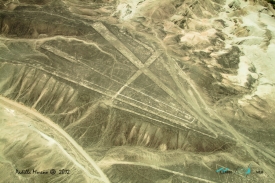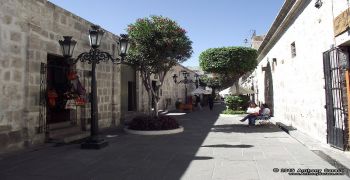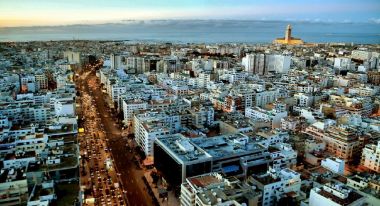ABOUT Malpelo Island
Malpelo is a small island in the eastern Pacific Ocean, located about 500 km (310 mi) west of the Colombian mainland with a military post manned by the Colombian Armed Forces. It consists of a sheer and barren rock with three high peaks, the highest being Cerro de la Mona with a height of 300 m (980 ft). The island is about a mile in length from northeast to southwest, and 700 yards in width.
It is the only island that rises above the surface from the Malpelo Ridge, which is a solitary volcanic submarine ridge that extends in a northeast-southwest direction with a length of 300 km (190 mi) and a width of 100 km (62 mi). This island is surrounded by a number of offshore rocks. Off the northeast corner are the Tres Mosqueteros. Off the southwest corner are Salomon, Saul, La Gringa, and Escuba. All the rocks are surrounded by deep water, and most of the face of the main island is very steep. Soundings between 1,000 and 5,000 fathoms are obtainable within a few miles of the shore and the currents are strong and changeable. As an oceanic island, it has never been connected with any other islands or the mainland.Malpelo Island is composed of Miocene pillow lavas, volcanic breccias, and basaltic dikes that have been dated as being 16 to 17 million years old. This island and the underlying and underwater Malpelo Ridge were created along with the Carnegie Ridge in the Late Miocene by a very complex interaction between the Cocos-Nazca Spreading Centre and the Galápagos hotspot.At first glance, the island seems to be barren rock, devoid of all vegetation, but deposits of bird guano have helped colonies of algae, lichens, mosses, and some shrubs and ferns establish, all of which glean nutrients from the guano. The Malpelo Nature Reserve, a plant and wildlife sanctuary, is defined as a circular area of radius 9.656 km (6.000 mi) centered at 03°58′30″N 81°34′48″W. On July 12, 2006, Malpelo was declared by UNESCO as a natural World Heritage Site. A Colombian foundation is trying to preserve the biodiversity of the site.
Malpelo is home of a unique shark population; swarms of 500 hammerhead sharks and hundreds of silky sharks are frequently seen by diving expeditions, making it a very popular shark-diving location. It is one of the few places where the smalltooth sand tiger has been seen alive; it is frequently spotted at the dive site "El bajo del Monstruo". Acanthemblemaria stephensi, the Malpelo barnacle blenny, is a species of chaenopsid blenny found in coral reefs around Malpelo.
It is the only island that rises above the surface from the Malpelo Ridge, which is a solitary volcanic submarine ridge that extends in a northeast-southwest direction with a length of 300 km (190 mi) and a width of 100 km (62 mi). This island is surrounded by a number of offshore rocks. Off the northeast corner are the Tres Mosqueteros. Off the southwest corner are Salomon, Saul, La Gringa, and Escuba. All the rocks are surrounded by deep water, and most of the face of the main island is very steep. Soundings between 1,000 and 5,000 fathoms are obtainable within a few miles of the shore and the currents are strong and changeable. As an oceanic island, it has never been connected with any other islands or the mainland.Malpelo Island is composed of Miocene pillow lavas, volcanic breccias, and basaltic dikes that have been dated as being 16 to 17 million years old. This island and the underlying and underwater Malpelo Ridge were created along with the Carnegie Ridge in the Late Miocene by a very complex interaction between the Cocos-Nazca Spreading Centre and the Galápagos hotspot.At first glance, the island seems to be barren rock, devoid of all vegetation, but deposits of bird guano have helped colonies of algae, lichens, mosses, and some shrubs and ferns establish, all of which glean nutrients from the guano. The Malpelo Nature Reserve, a plant and wildlife sanctuary, is defined as a circular area of radius 9.656 km (6.000 mi) centered at 03°58′30″N 81°34′48″W. On July 12, 2006, Malpelo was declared by UNESCO as a natural World Heritage Site. A Colombian foundation is trying to preserve the biodiversity of the site.
Malpelo is home of a unique shark population; swarms of 500 hammerhead sharks and hundreds of silky sharks are frequently seen by diving expeditions, making it a very popular shark-diving location. It is one of the few places where the smalltooth sand tiger has been seen alive; it is frequently spotted at the dive site "El bajo del Monstruo". Acanthemblemaria stephensi, the Malpelo barnacle blenny, is a species of chaenopsid blenny found in coral reefs around Malpelo.










